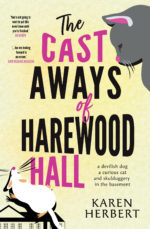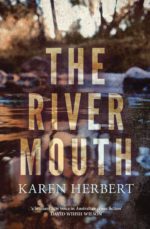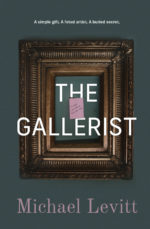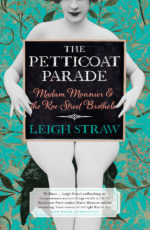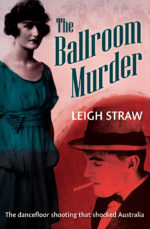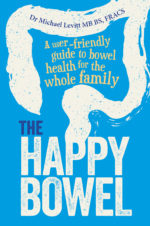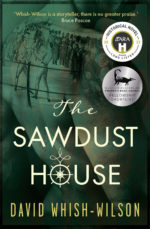Isabella Colton shares her insights from the crime writing panel at the Great Big Book Club
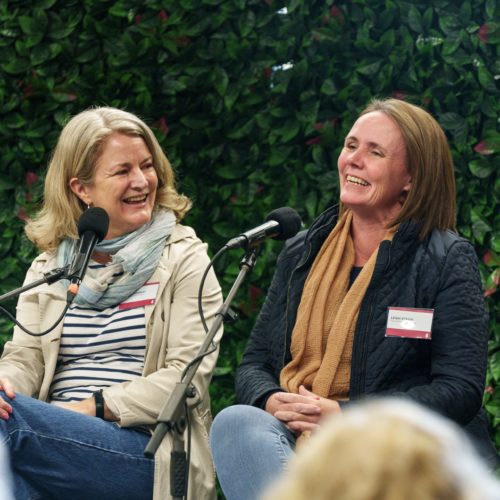
The Success Library offered the perfect place for West Australian book lovers to gather to hear several lively panel discussions from some of Fremantle Press’s wonderful authors, as well as for a cup of tea and some scrumptious nibbles. This was my second time attending the Great Big Book Club, and I was eager to hear from a new group of authors. I wanted to know how they went about finding a concept, finding the motivation to write, and the editing and re-writing process that results in the book sitting on the shelf at my local bookstore.
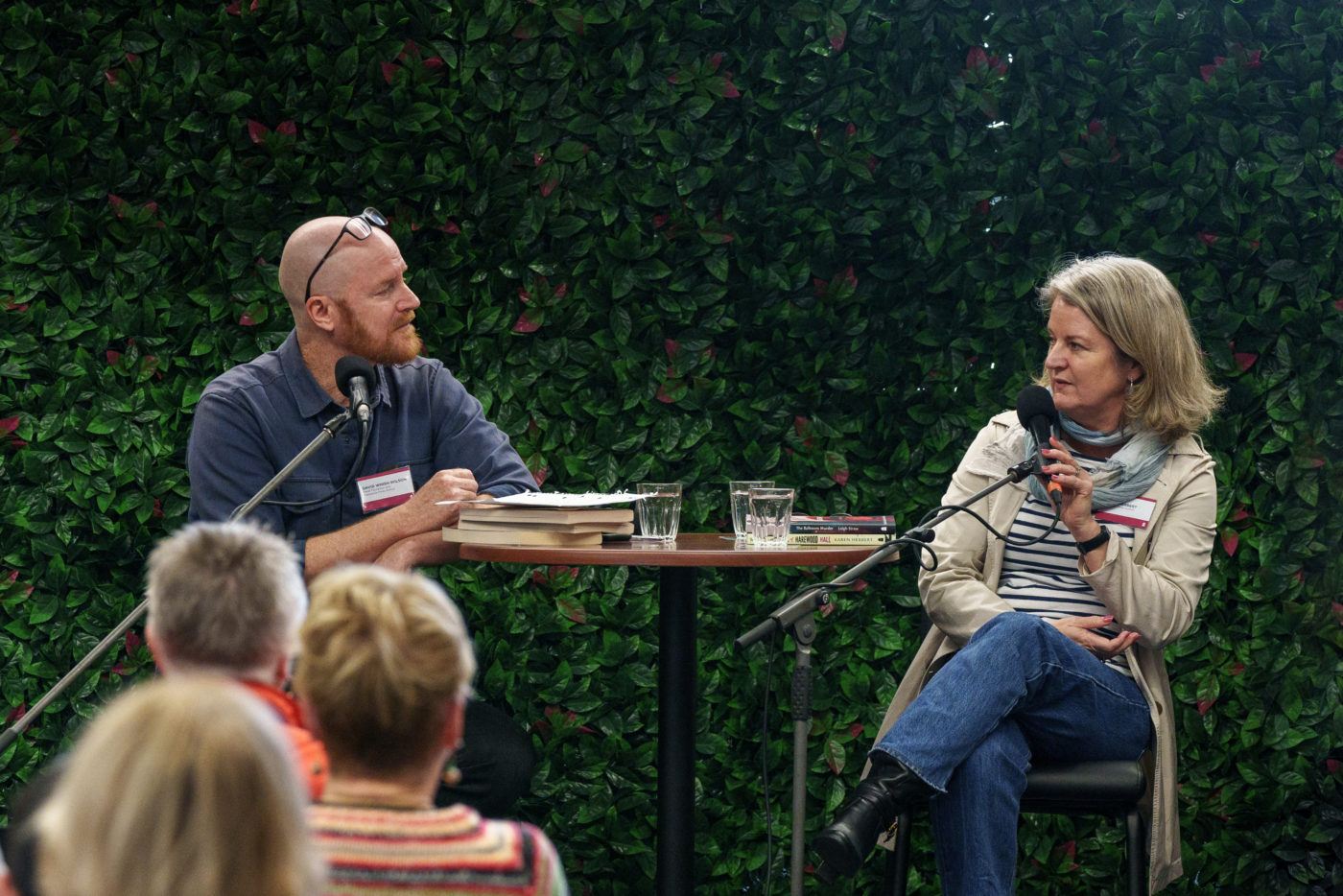
After reading the previous books written by Karen Herbert and Leigh Straw, I was eager to sit in on the crime writing panel discussion where they were joined by David Whish-Wilson and Michael Levitt. I knew that I needed to get my hands on a copy of Karen Herbert’s The Cast Aways of Harewood Hall just from her synopsis. This cosy crime follows Josh, and two surprisingly expensive research mice, as strange things start going on in the basement. I didn’t think I would be so interested in a pair of mice, but recurrent visits from mysterious maintenance men and white vans made me very curious as to what trouble Josh and the mice will get up to, or into, next.
Leigh Straw certainly did not disappoint when introducing her true crime book, The Ballroom Murder. This non-fiction title is centred around Audrey Jacob, a young arts student, who shoots her ex-fiancé, Cyril Gidley, dead on the dance floor at the 1925 St. John of God charity dance in the Government House ballroom. The sleepy city of Perth was shocked by the events and what was even more shocking, was that even with a room full of eyewitnesses, it was not an open and shut case. We see the role Audrey’s defence lawyer and the press played in her fate. Leigh explores the flapper identity as the young girl pushes the cultural boundaries, hanging around the ports and having taboo relationships with different men. It leaves us to question, how did this young Fremantle girl become a murderer?
Lastly, we heard from Michael Levitt with his fiction novel, The Gallerist. It follows the story of a grieving former surgeon turned art gallery owner and his search for the origin of a painting. Although it is a crime novel, there is gentle exploration of grief illustrating how art can express and convey emotions. There are stories behind the paintings. However, as Michael revealed, sometimes the stories and origins don’t match up. We follow art gallerist Mark’s journey to find the true provenance of a painting brought to him by a local woman. Themes of art fraud appear within the story as he searches to uncover the truth.
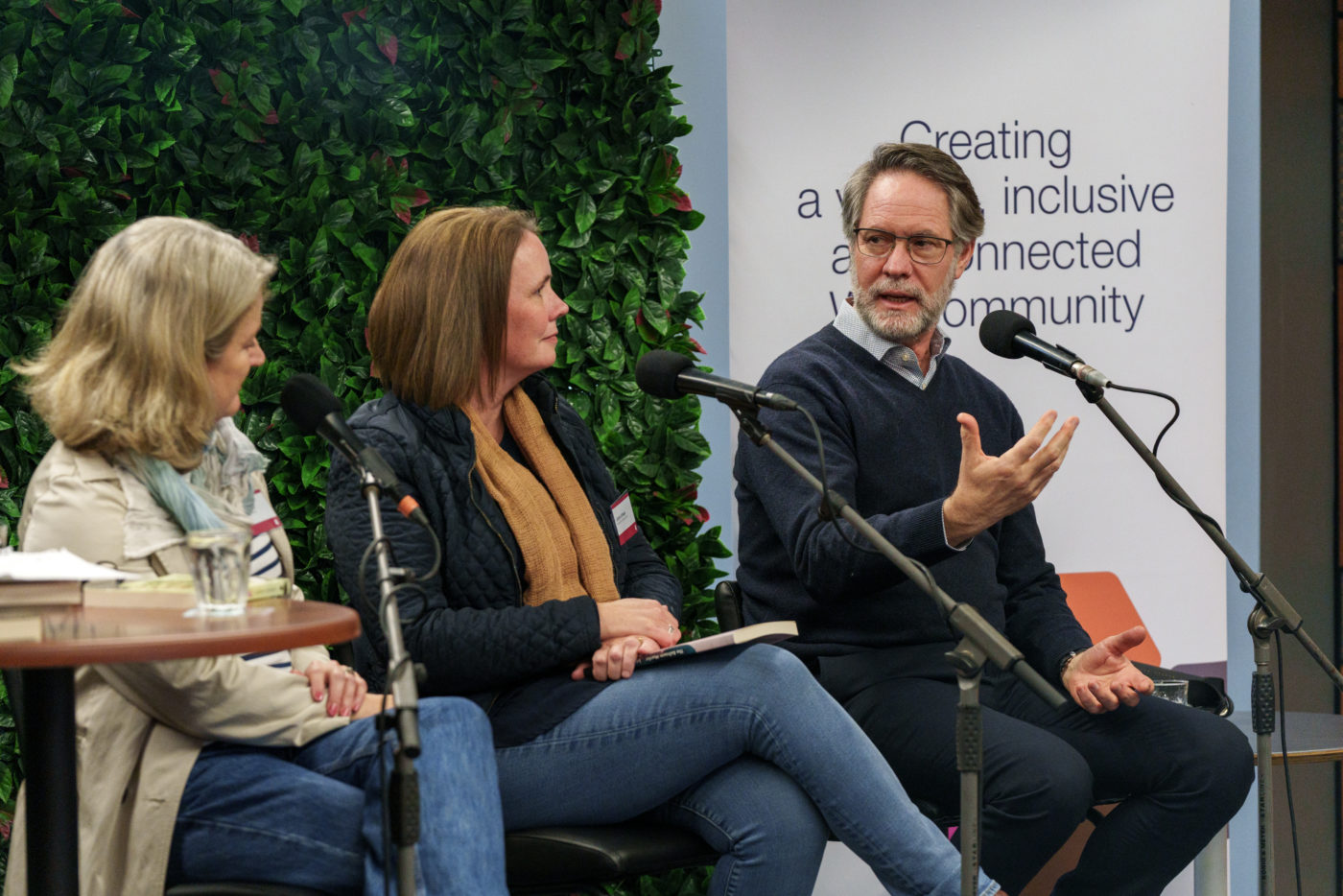
When David turned the conversation to the element of research that is required in crime writing, each author had a slightly different approach. Leigh shared that a great deal of research was required to tell the story authentically and truthfully. ‘You’ve got to get it right’, she said. As a historian and university history lecturer, she said that her professional background guides her research as she primarily uses local archives and state records to piece together a story. ‘I’m one of those historians that smells old records at the archives when no one’s looking.’ When writing true crime, she revealed that the records need to be pieced together carefully as she bears a responsibility to be ethical in providing the correct details. Although she comes from an academic background, there is a talent to inserting her own voice to the story that makes history accessible for everyone. Leigh said she is drawn to stories of women in crime by the dichotomy of good and bad women as ‘they are much more complex than that’.
As a fiction writer, Karen said she works mostly from memory, drawing on different aspects of her life, even adopting certain people in her life to become her characters. Although she didn’t think of her books as researched books, she realised in the editing process there are lots of things she didn’t know about her life and the importance of the details in the background. Karen began writing her most recent novel after working for ten years in aged care. She said, ‘The best part of my job was just sitting with people and letting them tell me who they were. I wanted them to know that they were important; they have raised children, been engineers, nurses, they have travelled, and are not just little old ladies who can only talk about their diabetes. It really ticked me off in books when older people were portrayed as these stereotypes.’
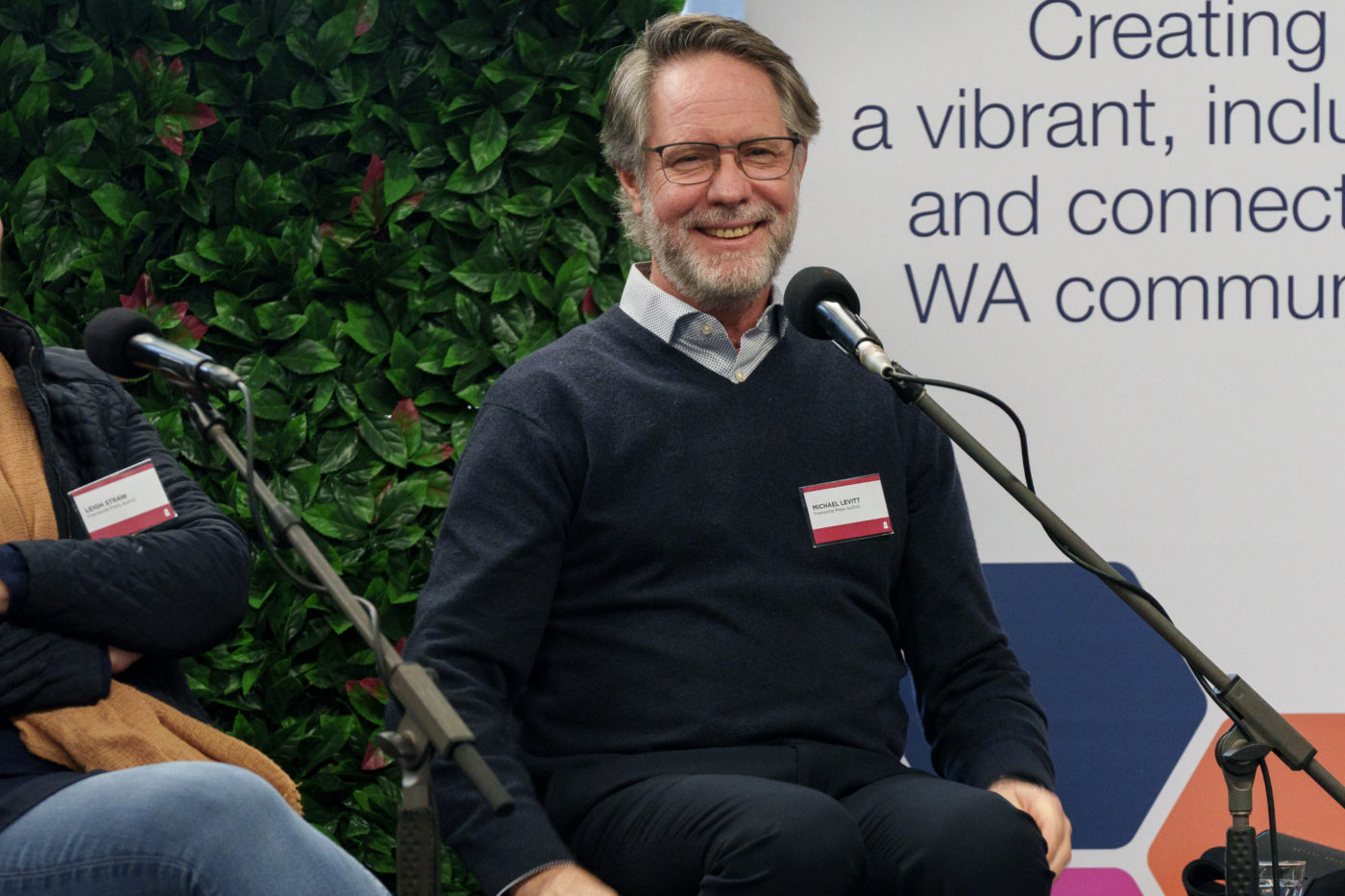
For Michael, it was a challenge to write a work of fiction. The Gallerist is certainly different to his previous non-fiction work, The Happy Bowel. As well as working as a surgeon, Michael is a passionate art collector. His extensive knowledge and experience in the art world was his main point of inspiration, stating that he was living out his fantasy of being a gallerist through his main character. This autobiographical element became the consistent way he constructed his characters, drawing on people he knew as a ‘way of making characters behave’. It was fascinating to discover that the painting at the heart of the novel is one that Michael commissioned to Perth abstract artist Teelah George, as he felt that he couldn’t simply draw it himself, make it up, or pluck it off the internet. He supplied the artist with Masonite boards, the title of the painting and a few sentences about the story. ‘She absolutely nailed it from my point of view,’ he said.
When the conversation concluded, all audience members had the opportunity to ask the lovely authors a few questions. One that particularly stood out to me was about the element of consideration for the family members of Leigh’s chosen crime figures. She said how she often reaches out to the families to let them know she is writing a book, which sometimes conveniently leads to extra information and insight. There is a sensitivity, she said, she must show towards the family surrounding the things she includes in her writing, although she doesn’t feel the need to hold back with the facts and stories that are readily accessible from newspapers and the archives. It was interesting to see all of the different processes that are go into completing a true crime book – from the different forms of research to the implicit ethical responsibility of getting a story right.
I left the event with more insight into the crime genre and all the hard work, creativity and research that goes into publishing a book. And I have added three more books to my growing pile of local reads.

About Isabella
Isabella Colton is a second-year student, completing a Bachelor of Arts at Curtin University. Her love for books and avid interest in current affairs sparked her desire to pursue a double major in Professional Writing and Publishing, and Journalism. She’s eager to build her skills as a writer and get more deeply involved with the Perth writing community.



